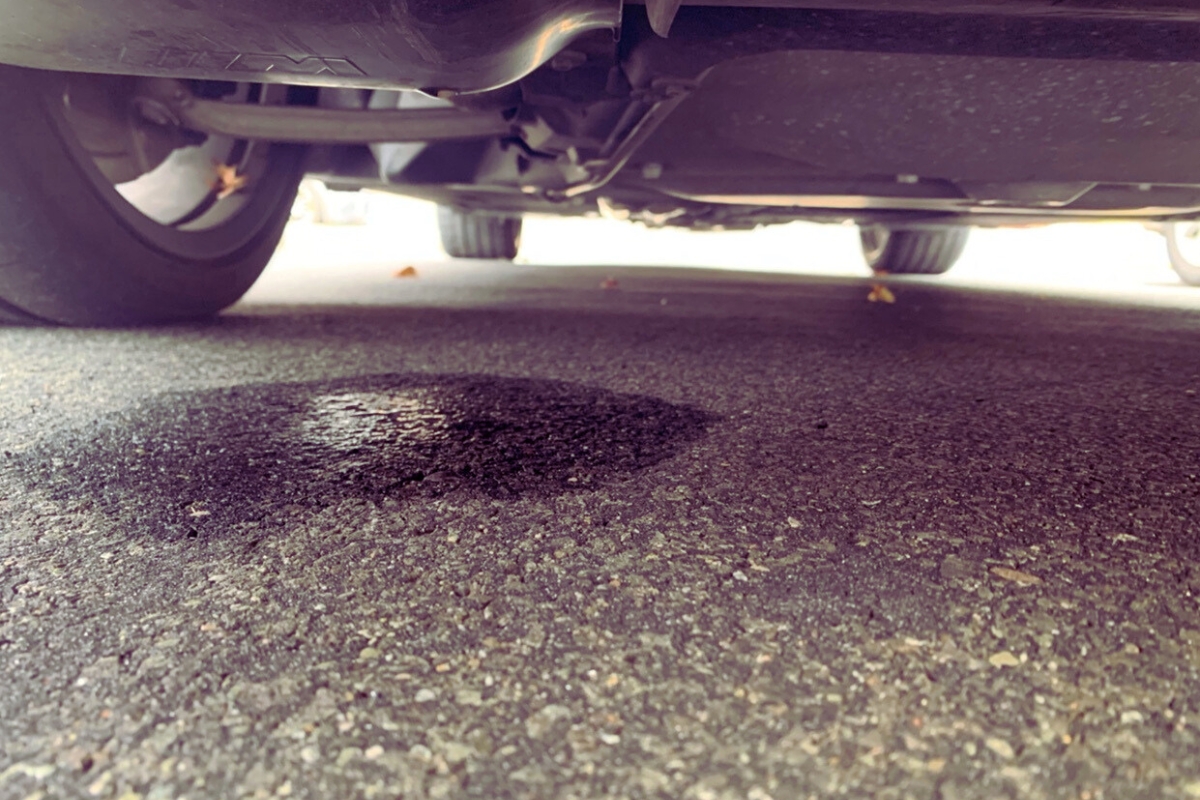3 Reasons Why Is My Muffler Leaking Water
Why is my muffler leaking water. As an automobile proprietor, encountering unexpected issues with your vehicle can be both frustrating and concerning. One such perplexing issue that leaves many drivers scratching their heads is the strange wonder of a muffler leaking water. In this comprehensive direct, we are going to dive into the reasons behind this event, investigating the different factors that contribute to suppressor water leaks and giving practical solutions to address the issue.
Why is my muffler leaking water


The Basics of Automotive Exhaust Systems
Understanding the fundamentals of a car debilitate system is crucial before diving into the intricacies of suppressor water spills. The exhaust system is in charge of organizing and directing the engine’s combustion byproducts toward the outside world. It is made up of multiple parts, such as the muffler itself, the resonator, the catalytic converter, and the debilitate complex.
Why Do Mufflers Leak Water
- Condensation: Condensation is the main cause of water pouring from mufflers. The motor generates a lot of heat when it is operating. The interior of the suppressor is one of the colder surfaces that the hot deplete gases come into contact with as they pass through the debilitate system. Because of the difference in temperature, moisture in the air condenses and forms water beads inside the muffler.
- Short Trips: Frequent short trips, particularly in cold or muggy weather conditions, can compound condensation in the debilitate system. In short-distance drives, the exhaust system may not reach its ideal operating temperature, resulting in fragmented vaporization of water vapor created during combustion.
- Exhaust System Design: The design of the deplete system, especially the muffler, can impact the probability of water leaks. Some mufflers are designed with drain holes to allow water to escape, whereas others may not have sufficient drainage, leading to water accumulation.
Signs of a Muffler Water Leak
- Dripping Water: The most apparent sign of a muffler water spill is the presence of water trickling from the muffler or exhaust pipe. It is usually visible after the vehicle has been running for some time and then parked.
- Rust and Corrosion: Rust and erosion might occur in the muffler as a result of excessive moisture. The structural integrity of the suppressor and other exhaust system parts will be jeopardized if this is not resolved.
- Unusual Sounds: Even in the absence of water spills, over-the-top condensation may every so often produce odd commotions, such as bubbling or whispering, as water runs through the depleted system.
Addressing Muffler Water Leaks


- Regular Maintenance: Performing normal maintenance on your vehicle, including checking the exhaust system, can help distinguish and address potential issues that have arisen recently. Ensure that the exhaust system is free from blockages and that drain gaps within the muffler are clear.
- Extended Drives: To minimize condensation, consider taking longer drives, particularly if your daily commute consists of brief trips. Longer drives permit the exhaust system to reach higher temperatures, advancing the evaporation of collected moisture.
- Professional Inspection: If you take note of persistent water spills or suspect other issues along with your exhaust system, it’s prudent to seek the mastery of a qualified mechanic. A proficient review can help identify any underlying problems and guarantee proper functioning of the exhaust system.
Conclusion
While a muffler leaking water may at first raise concerns, understanding the underlying causes and taking fitting measures can help lighten the issue. Normal maintenance, longer drives, and proficient inspections are key to ensuring the ideal performance and longevity of your vehicle’s depleted system. By addressing muffler water spills promptly, you’ll contribute to the overall health and productivity of your automobile.






